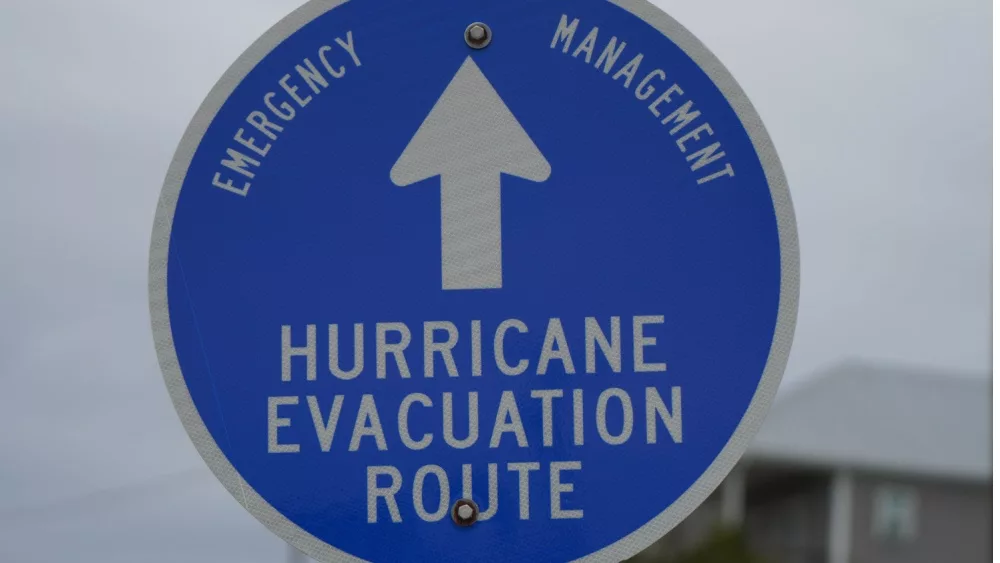
shutterstock_2355395711391300
On Monday, Hurricane Milton reached Category 5 — the strongest of the classifications — with maximum sustained winds of 175 mph. The National Hurricane Center (‘NHC’) said Milton has undergone “remarkable” rapid intensification after being upgraded from a tropical storm on Sunday, moving rapidly past a Category 4 strength hurricane in a matter of hours. The NHC now considers Milton “potentially catastrophic” as it continues to make its way east toward Florida, bringing the threat of damaging winds and life-threatening storm surges.
NHC Director Michael Brennan called the rate of Milton’s intensification “extreme” in a Monday briefing, and stated it has only witnessed such rapid strengthening in a storm system twice before: Wilma (2005) and Felix (2007) – making Milton the third-fastest rapidly intensifying storm on record in the Atlantic, according to more than 40 years of NHC data.
Milton is expected to move just north of the Yucatan Peninsula on Monday and Tuesday before crossing the eastern Gulf of Mexico and approaching Florida’s west coast by Wednesday. While Milton is forecast to weaken slightly before it makes landfall on Wednesday night or early Thursday morning, it is expected to still be a major Category 3 hurricane, and predicted to cause major damage to the area – with parts of the Florida Peninsula and Keys potentially seeing between 5-10 inches of rain through Wednesday night, with localized totals up to 15 inches in some areas. There is also an increased risk of life-threatening storm surge and damaging winds for parts of Florida’s west coast beginning late Tuesday/early Wednesday which could raise water levels to as high as 8 to 12 feet in coastal areas of Florida.
Florida Gov. Ron DeSantis urged Floridians to follow local guidance and make emergency preparations, whether they are evacuating or sheltering at home: “You have an opportunity today to do what you need to do to execute this plan. But time is going to start running out very, very soon.” Kevin Guthrie, the executive director of Florida Emergency Management, stated at the governor’s news conference: “Please, if you’re in the Tampa Bay area, you need to evacuate. Drowning deaths due to storm surge are 100% preventable if you leave.”
More than 50 counties along Florida’s west coast are now under state of emergency orders and several are under evacuation orders, including Charlotte, Hillsborough, Manatee, Pasco, Pinellas and Sarasota. All evacuation orders are listed on Florida’s Division of Emergency Management website.














